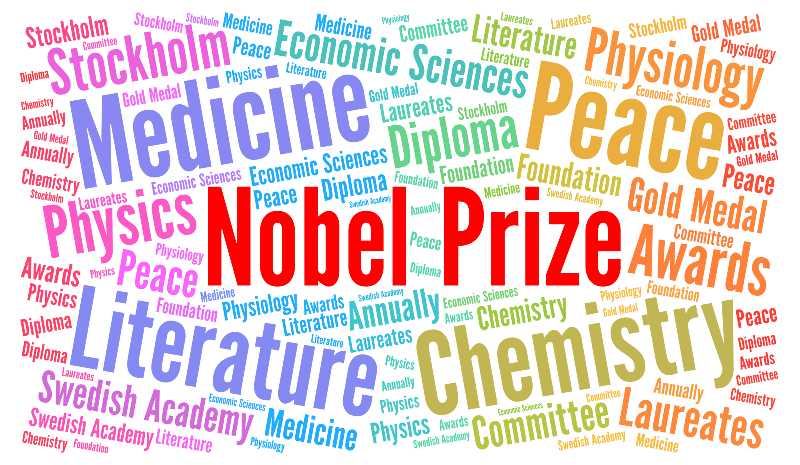Nobel Peace Prize
2 Journalists Win Peace Prize at Just the Right Time
Nearly every year there are a number of people deserving of the Nobel Peace Prize who do not receive it, and some years there is someone undeserving who does.
Such is the peril of granting awards to politicians and power brokers who may negotiate a treaty one summer and start a war the following autumn.
This reality is part of what makes the committee's decision on Friday to honor journalists Maria Ressa and Dmitry Muratov so encouraging.
RELATED: Trump Receives Third Nomination for Nobel Peace Prize
2 Journalists Win Peace Prize at Just the Right Time

Ressa and Muratov emerge from an impressive slate of contenders, including the jailed Russian opposition leader Alexei Navalny, exiled Belarusian election winner Svetlana Tikhanovskaya and the Covax Global Access initiative.
The prize has gone to journalists before: Ernesto Teodoro Moneta of Italy, for example, won in 1907 for promoting pacifism; Carl von Ossietzky of Germany won in 1936 for discovering Nazi rearmament.
Yet the imperative to preserve and promote the free press feels especially urgent today. The honorees each make a compelling case for why.
Ressa, executive editor and founder of the investigative digital outlet Rappler, has been issued at least 10 arrest warrants in the past two years – and convicted on trumped-up charges of “cyber-libel” that carry a sentence of six months to six years in prison.
Her only real offense is having told the truth about Philippines President Rodrigo Duterte's lawlessly violent anti-drug campaign and government corruption.
The resultant retributive legal onslaught comes accompanied by a flood of vicious online harassment, including threats of rape and murder, yet all the while Ressa has refused to stop doing her job.
Her work rooting out fake news is an example of the real news so crucial to democracy; Duterte's insistence that her work is itself fake is an example of the danger journalists and journalism face as nations slide toward authoritarianism.
Muratov has been similarly undeterrable. His newspaper, Novaya Gazeta, is one of the only independent sources of information surviving Russian President Vladimir Putin's suffocation of the Fourth Estate.
Since the publication's founding in 1993, six of its journalists have been killed. One of them is Anna Politkovskaya, who in 2006 was shot in her apartment block in apparent retaliation for her reporting on human rights abuses in Chechnya.
The government lately has been on a spree of labeling journalists and outlets “foreign agents” or “undesirable organizations” to chill their speech; only hours after the Nobel winners were announced, nine more were added to the blacklist.
The award and the associated attention, supporters hope, will prevent Novaya Gazeta from meeting the same fate.
The point isn't merely that Ressa and Muratov deserve commendation for their fearless reporting, but that this commendation might help ensure such reporting continues- in the Philippines, in Russia and around the world.
The Nobel Committee has the institutional heft to call attention to both these deserving people – and the wider urgency of their work.
But believers in civil liberties, from democratic leaders to everyday individuals, have to follow up by speaking out for expression and condemning those who try to shut it down.